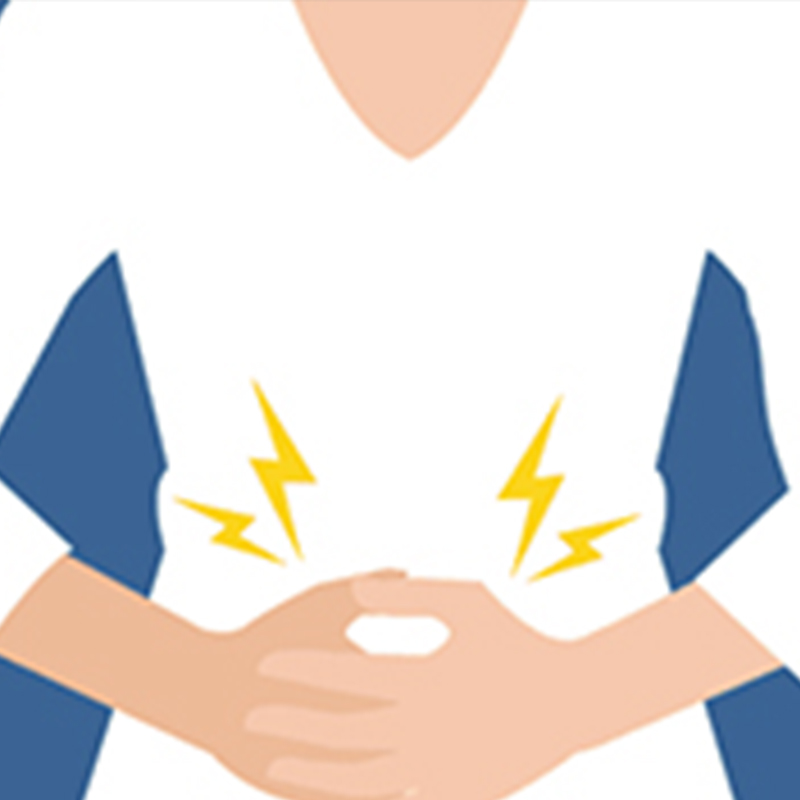
Diarrohea
Excessive and frequent evacuation of watery feces, usually indicating gastrointestinal distress or disorder. Commonly known as loose motions, it is the frequent passage of loose or watery unformed stools.
The Four types of diarrhea are: acute diarrhea, persistent diarrhea, and dysentery :-
· Acute Watery Diarrhoea (including cholera) which lasts several hours or days:- the main danger is dehydration; weight loss also occurs if feeding is not continued.
· Acute Bloody Diarrhoea (also called dysentery):-the main dangers are intestinal damage, sepsis and malnutrition; other complications, including dehydration, may also occur.
· Persistent Diarrhoea (which lasts 14 days or longer):- the main danger is malnutrition and serious non-intestinal infection; dehydration may also occur.
· Diarrhoea with severe malnutrition (marasmus or kwashiorkor):-the main dangers are: severe systemic infection, dehydration, heart failure and vitamin and mineral deficiency.
CAUSES
- The most common cause of diarrhea is viral gastroenteritis. This condition is often called the stomach flu.
- Food poisoning and traveler's diarrhea are two other common causes of diarrhea. They occur as a result of eating food or drinking water contaminated with bacteria or parasites.
- Medications, especially antibiotics, laxatives containing magnesium, and chemotherapy for cancer treatment, can also cause diarrhea.
- Celiac disease.
- Inflammatory bowel diseases (Crohn's disease and ulcerative colitis)
- Irritable bowel syndrome (IBS)
- Malabsorption syndromes such as lactose intolerance.
- Chronic or over consumption of alcohol.
- Overeating esp. a rich fatty diet.
- Stress induced diarrhoea (e.g. before exams) is also very common.
SYMPTOMS
- Frequent, watery motions.
- Loss of appetite.
- Nausea, vomiting.
- Stomach pains.
- Fever.
- Dehydration
DO'S AND DON'TS
- Avoid solid food for at least 24 hours.
- Drink plenty of fluids like boiled water or lemon water with sugar and salt every 15-30 minutes. Take oral electrolyte solutions like ORS from your chemist.
- Buttermilk and coconut water can also be taken.
- Eat light food like boiled rice or khichdi (porridge), dry toast, veg. soups and juices, when symptoms subside.Avoid other milk products, raw food, non-veg, spicy and seasoned food till complete recovery.
- Avoid drinking or eating at unhygienic places like roadside vendors.
- In children, Infants and small children get dehydrated very fast, which can lead to a serious situation. Start oral rehydration as soon as the child has diarrhoea.
- In one glass of water (250 ml) add 2 tbsp sugar and one pinch of salt. You can add 1/2 a lemon juice also. Drink plenty of fluids like boiled water or lemon water with sugar and salt every 15-30 minutes. Take oral electrolyte solutions like ORS from your chemist.
- Avoid self medication of antimotility drugs like lomotil Continue breast feeding and add extra food supplements if the child is being weaned. Breast milk will provide immunity to the child.
- Diarrhoea during dentition is due to the child putting contaminated matter in the mouth and not due to dentition. Sterilize the bottle or feeder thoroughly before giving to the child. Wean him/her off the feeder as soon as possible.